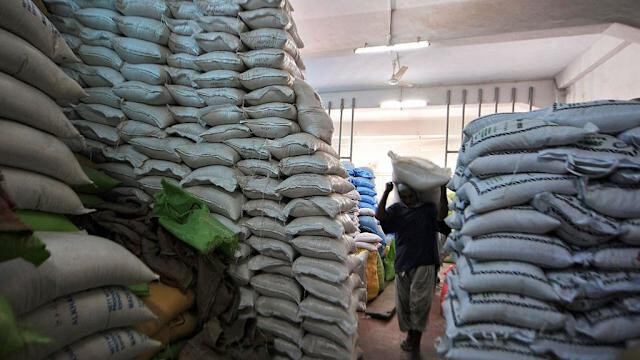
DHAKA – In a surprising turn of events following the ousting of Prime Minister Sheikh Hasina last year, Bangladesh and Pakistan are witnessing a significant thaw in their long-strained relationship. The two nations, whose ties have been marred by decades of animosity stemming from the 1971 Bangladesh Liberation War, have recently initiated direct trade for the first time, with Dhaka importing 50,000 tonnes of rice from Islamabad.
This development marks a notable shift in diplomatic relations, which have also seen the revival of direct flights, increased military contacts, simplified visa procedures, and reported cooperation on security matters. The historical animosity between Bangladesh, formerly East Pakistan, and Pakistan dates back to the 1971 war, during which India supported the Bengali rebels in their fight for independence.
While the scars of the war remain, relations between Dhaka and Islamabad were relatively cordial during the Bangladesh Nationalist Party (BNP) and Jamaat-e-Islami coalition government from 2001 to 2006. However, Sheikh Hasina's 15-year rule, marked by strong support from Delhi, saw a distancing from Pakistan. The recent political upheaval, which led to Hasina's departure to India amidst mass protests, appears to have paved the way for a renewed relationship.
"For the past 15 years, the Pakistan-Bangladesh relationship was on a slightly difficult trajectory," stated Humayun Kabir, a former senior Bangladeshi diplomat. He suggests that the current developments indicate a return to "two normal neighbours."
The evolving dynamics are being closely monitored, particularly in India, which has a long-standing history of strained relations with Pakistan. The strengthening ties between Bangladesh and Pakistan could potentially reshape regional geopolitics, prompting significant strategic adjustments.
[Copyright (c) Global Economic Times. All Rights Reserved.]






























